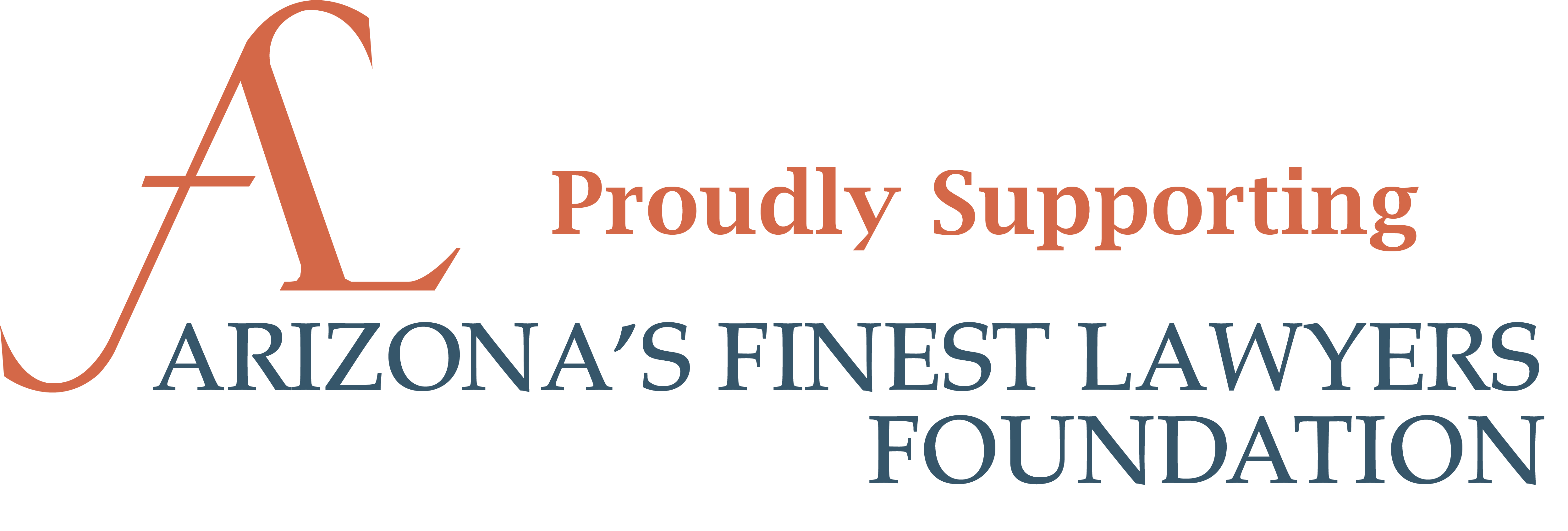Sexual Harassment in the Workplace: A Sexy Topic in Current News
Nov 17, 2017
Lately, it seems like the news is filled with a continuing barrage of sexual harassment accusations, referred to as the "Weinstein Effect." The names of high-profile figures in entertainment and politics are constantly pinging our social media notifications and news feeds. The accusations range from inappropriate comments to criminal sexual assault. In the wake of these accusations, we are seeing these high-profiled accused being fired or stepping down from their positions of power, but many are asking what recourse exists for the accusers/victims. The answer lies in Title VII of the Civil Rights Act of 1964 ("CRA").
What is Sexual Harassment?
Sexual harassment is a form of sex discrimination that violates the CRA, which applies to employers with 15 or more employees, including state, local and federal governments. Unwelcome sexual advances, requests for sexual favors, and other verbal or physical conduct of a sexual nature constitute sexual harassment when this conduct explicitly or implicitly affects an individual's employment, unreasonably interferes with an individual's work performance, or creates an intimidating, hostile, or offensive work environment. Harassment does not have to be of a sexual nature, however, and can include offensive remarks about a person’s sex. For example, it is illegal to harass a woman by making offensive comments about women in general. Although the CRA doesn’t prohibit simple teasing, offhand comments, or isolated incidents that are not very serious, harassment is illegal when it is so frequent or severe that it creates a hostile or offensive work environment or when it results in an adverse employment decision (such as the victim being fired or demoted).
Enforcement Trends
Under the CRA, both victim and the harasser can be either a woman or a man, and the victim and harasser can be the same sex. The U.S. Equal Employment Opportunity Commission (EEOC) reports, of the 11,364 sexual harassment charges received during FY 2011, 83.7% were charges by females.[i] In 2011, females made up 47% of the labor force. [ii] Of the 11,364 charges filed in FY 2011, a staggering 53% of them received the EEOC's determination of no reasonable cause to believe that discrimination occurred based upon evidence obtained in the investigation. Even more surprising is that of the remaining 47%, only 6.1% of the charges in FY 2011 received EEOC's determination of reasonable cause to believe that discrimination occurred based upon evidence obtained in investigation. Reasonable cause determinations are generally followed by efforts to conciliate the discriminatory issues which gave rise to the initial charge. The EEOC reported that in FY 2011, $52.3 million were awarded in monetary benefits, via settlement successful conciliations, and merit resolutions.
Notably, these figures do not include litigation settlements and judgment awards. They also do not factor the cases that are never formally charged and contractually bound confidential, which is the likely scenario where the accused is wealthy. "At Fox News, where the conservative icons Roger E. Ailes and Bill O’Reilly were accused of harassment, women have received payouts well into the millions of dollars. But most of the women involved in the Weinstein agreements collected between roughly $80,000 and $150,000, according to people familiar with the negotiations."[iii] Ultimately, it is up to the victim to determine how the harassment is handled, however it’s these settlements and hush money that are likely the reason why high-profile harassers can repeat their offenses, creating a culture that condones hostile work environments.
Identify and Report Sexual Harassment
While the CRA establishes the federal standard prohibiting sexual harassment in the workplace, employers can implement more stringent policies to guard against a hostile work environment. The Supreme Court has issued opinions requiring employers to enact policies of their own and implement training and reporting structures. Almost every large employer’s HR department has fallen in line, but the unfortunate fact is that sexual harassment is still occurring and going unreported. Sexual harassment should never be tolerated and should be reported to the EEOC within 180 days of the incident. Our firm utilizes the upmost experience and compassion when called upon by clients to enforce their rights and obtaining the desired outcome. If you believe you have experienced or witness sexual harassment in the workplace, please contact us.
Disclaimer: This article is for your convenience and does not constitute legal advice.
[i] https://www.eeoc.gov/eeoc/statistics/enforcement/sexual_harassment.cfm
[ii] U.S. Bureau of Labor Statistics, Women in the Labor Force: A Databook, Report 1040, available at https://www.bls.gov/cps/wlf-databook-2012.pdf.
[iii] Megan Twohey, Weinstein Company Was Aware of Payouts in 2015, N.Y. Times, Oct. 11, 2017, available at https://www.nytimes.com/2017/10/11/business/weinstein-company.html
Eric Reginald Wilson
Mr. Wilson earned his Bachelor of Science in Environmental Studies from the University of Nebraska-Lincoln in 2008. Mr. Wilson moved to Denver, Colorado where he earned his Juris Doctorate and Certificate in Environmental & Natural Resources Law from the University Of Denver Sturm College Of Law in 2012. Fresh out of law school and a new resident to Phoenix, Mr. Wilson brings a youthful and innovative element to the firm. Mr. Wilson is eager to zealously represent clients in various administrative, disciplinary and other labor and employment related matters, championing professional rights toward the desired outcome.

